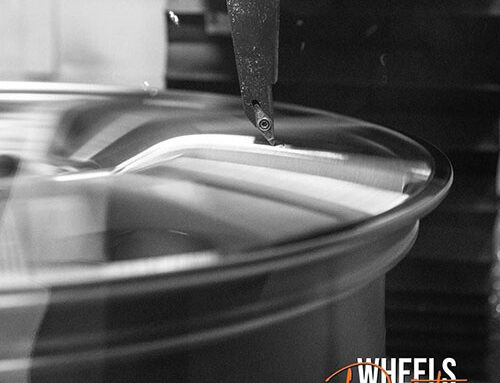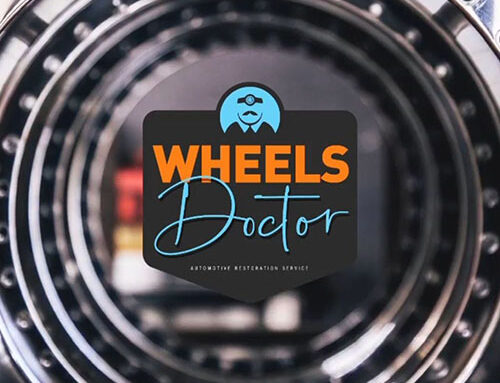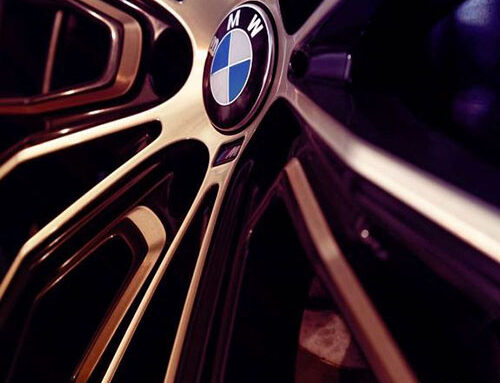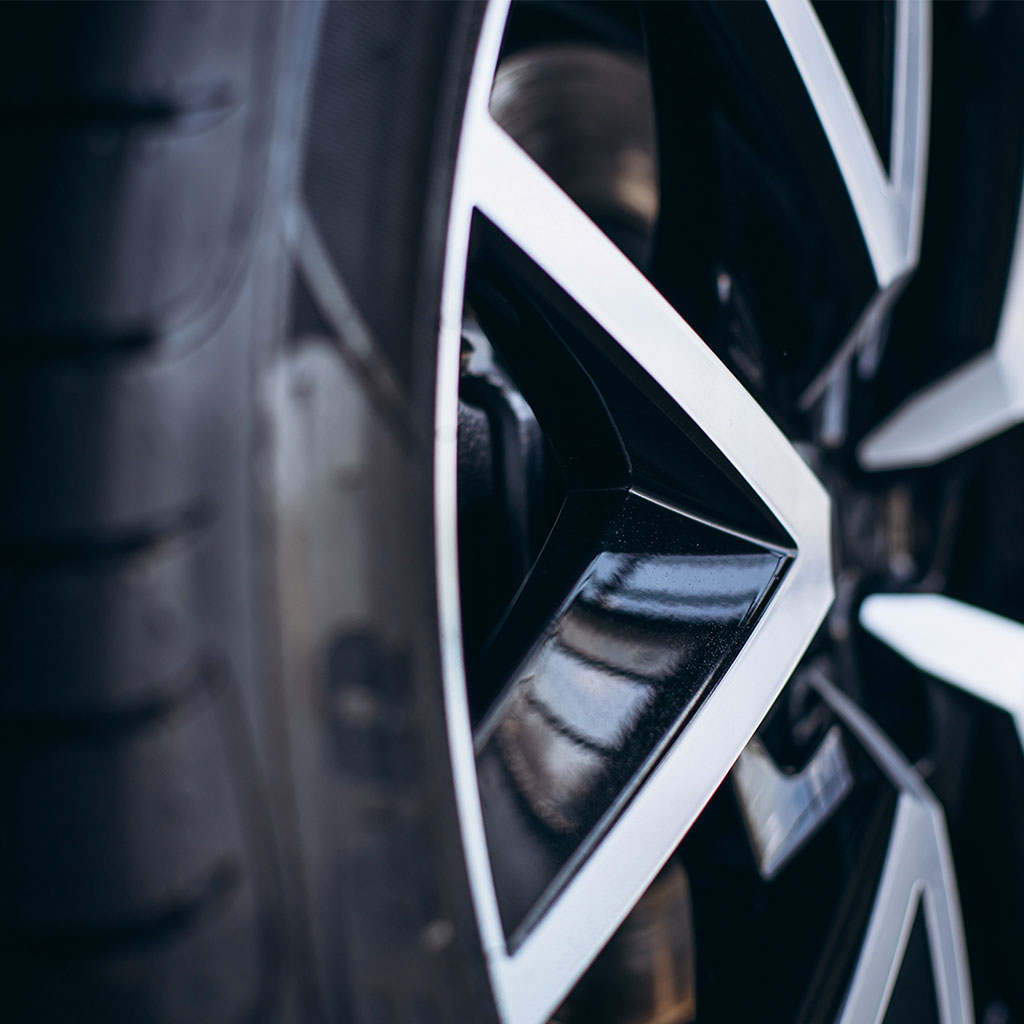
Maintenance of car tires: Complete guide
Do you know how to take care and make a correct maintenance of car tires?
See this complete guide for extend the life of your tires.
The best and most recommended is always a monthly check-up by a qualified professional. This guarantees optimal tire performance, as well as better fuel efficiency.
However, in addition to the monthly checkup, we can find several ways to take care of your tires. Let’s see what they are:
Keep an eye on your Tire Inflation Pressure: To maintain proper inflation pressure, check your tires frequently when they are cold with a tire pressure gauge.
Keep inflation pressure at the recommended level: This level varies according to the vehicle manufacturer and is listed on the vehicle’s information placard or in the vehicle’s manual.
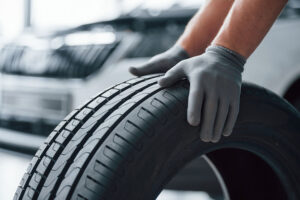
Underinflation is the leading cause of tire failure and excessive air pressure increases stiffness, which can adversely affect handling.
Don’t Over Spin Your Tires: Avoid excessive tire spinning when your vehicle is stuck in mud or sand.
The centrifugal forces generated by the wheel when spinning freely can cause a sudden tire blowout, which can result in damage to your vehicle and/or serious injury to you or people who are near the car.
Use a gentle back and forth rocking motion to free your vehicle from the jam and continue driving.
Warning: In the event of a stuck car, no one should position themselves in the rear position of the car, as if they were going to push it from behind.
Bad practice can cause the tire to explode as mentioned above and people in this position are at much greater risk of injury.
Don’t Try To Ride Your Tires: Serious injuries can be caused by tire/rim assembly explosion due to improper procedures during the mounting process.
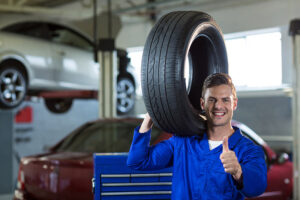 Don’t Overload Your Vehicle: Check your vehicle’s manual to determine load limits.
Don’t Overload Your Vehicle: Check your vehicle’s manual to determine load limits.
Overloading your vehicle puts undue stress on tires and other important vehicle components causing poor vehicle handling, increased fuel consumption, and tire failure.
Check Your Tires for Wear: Many wet weather accidents occur because of slick or nearly slick tires.
Excessively worn tires are also more susceptible to penetration. Check out our post of damaged tires here.
Remember that these ways to extend the quality and life of your tires do not replace a professional tire check-up, which should be done once a month.

